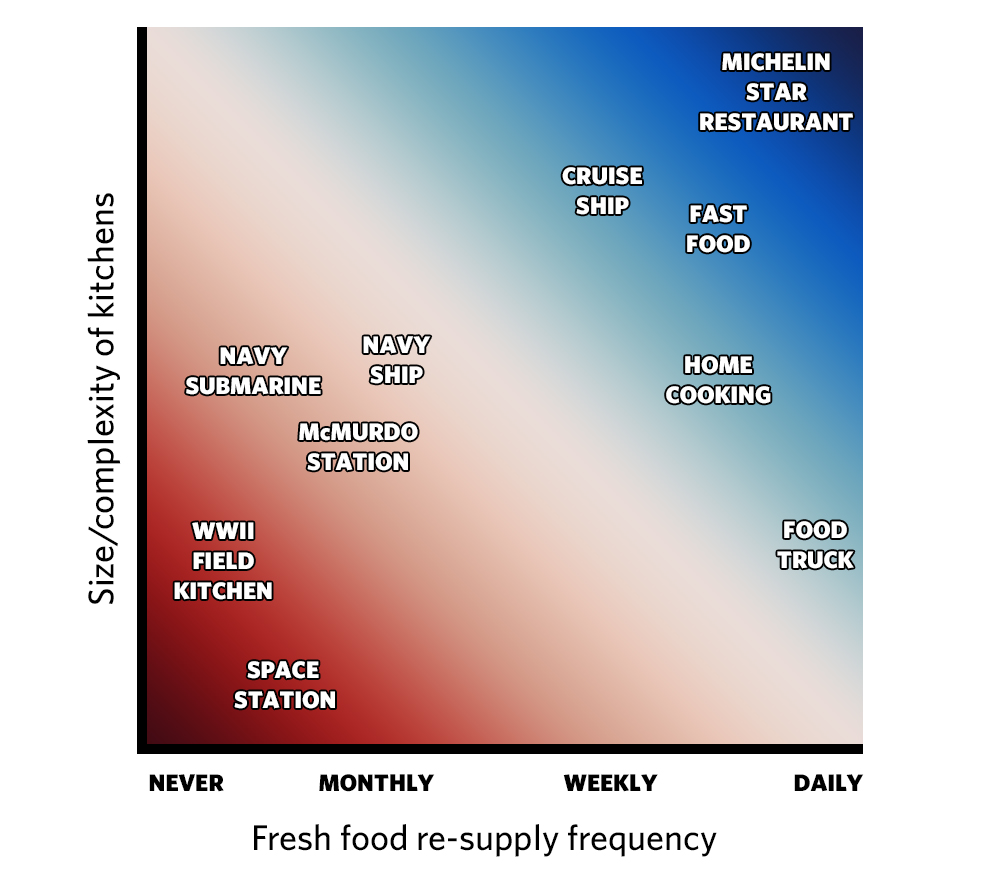
Paragon Space Development Corporation, a subcontractor for Dynetics which is one of the three companies NASA has selected to begin work on designs for human lunar landers, was just awarded a Small Business Innovation Research (SBIR) Phase I grant to develop its ISRU Collector of Ice in a Cold Lunar Environment or ICICLE. The system will use a cold trap for collecting and purifying water from ice mining the permanently shadowed regions of the lunar poles. The purification and collection of lunar water is a critical step in generating in-situ propellant, breathable oxygen, and potable water for space settlements and the cislunar economy.









